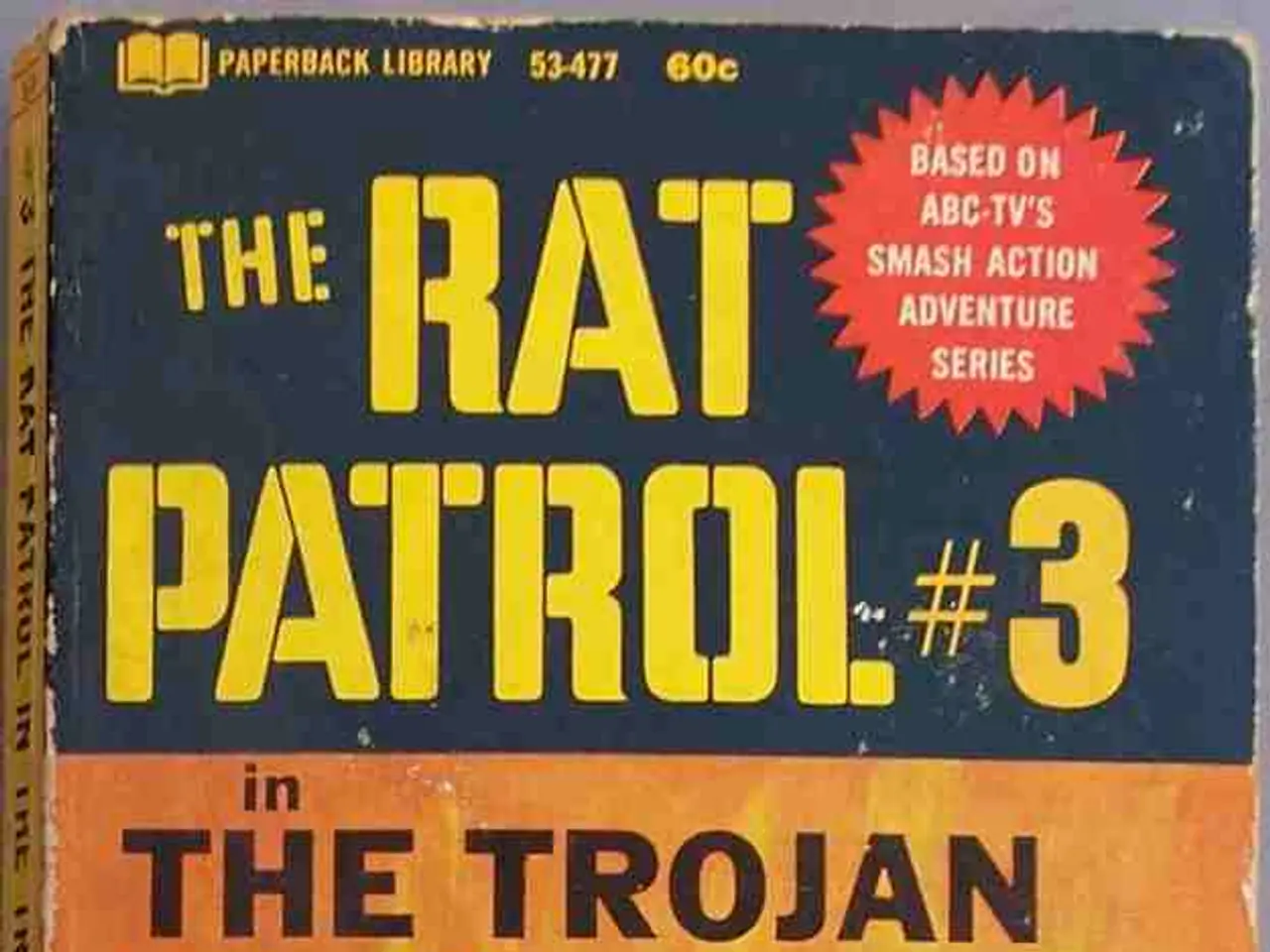Historical Milestones Reached on July 11th
On July 11, 1804, a significant event unfolded in the annals of American history, as prominent politicians Aaron Burr and Alexander Hamilton met in a duel to settle their differences. This climactic encounter, which took place in Weehawken, New Jersey, marked the end of a long-standing and bitter political rivalry between the two men.
The animosity between Burr, a Democratic-Republican, and Hamilton, a pro-business Federalist, stemmed from their opposing political ideologies. Burr, suspicious of central authority, clashed with Hamilton, who believed in a strong government. The duel was sparked by Hamilton’s disparaging remarks about Burr during Burr's campaign for governor of New York.
On the designated morning, Hamilton and Burr took their places for the duel in a woodland clearing. Hamilton fired first, his shot passing high into the trees, and Burr's shot hit Hamilton's lower abdomen, just above his hip. Hamilton's doctor wrote that Hamilton's countenance of death was unforgettable, and he said, "This is a mortal wound, doctor," before sinking away. After the duel, Hamilton was taken back to New York but died the next day.
The duel severely damaged Aaron Burr’s political career and reputation. Burr was widely condemned as a murderer and faced arrest warrants. He fled and never recovered politically, eventually being tried (and acquitted) for treason in unrelated matters. The duel symbolized the dangers of personal vendettas affecting political life in the early United States.
Meanwhile, in the world of literature, another July 11 holds a different significance. On July 11, 1960, Harper Lee published her debut novel, To Kill a Mockingbird. Initially expected to sell only a few thousand copies, the book was perfectly timed with the southern civil rights movement and won over middle-class readers. By the time the Hollywood adaptation of To Kill a Mockingbird appeared in 1962, Harper Lee was a household name, celebrated as the writer who persuaded white Middle America to face the harsh reality of racial prejudice.
The duel between Burr and Hamilton and the publication of To Kill a Mockingbird on the same date, albeit 163 years apart, serve as stark reminders of the high stakes and volatility of political and social life in their respective eras. While the duel left a lasting mark on American political culture as a dramatic warning against settling political disputes through violence, To Kill a Mockingbird exposed southern racism and became a seminal work in American literature.
References: [1] Flexner, James Thomas. Alexander Hamilton. New York: Harper & Brothers, 1973. [2] Lee, Harper. To Kill a Mockingbird. New York: J.B. Lippincott Company, 1960. [3] Isenberg, Nancy. White Trash: The 400-Year Untold History of Class in America. New York: Viking, 2016. [4] Remini, Robert V. The Life of Andrew Jackson. New York: HarperCollins, 2001.
In the annals of politics and general-news, the duel between Aaron Burr and Alexander Hamilton in 1804 serves as a cautionary tale against settling political disagreements through violent means. Simultaneously, on the same date 163 years later in 1960, Harper Lee published her groundbreaking novel, To Kill a Mockingbird, which exposed deep-seated racial prejudice in American society, making it a influential work in American literature.






